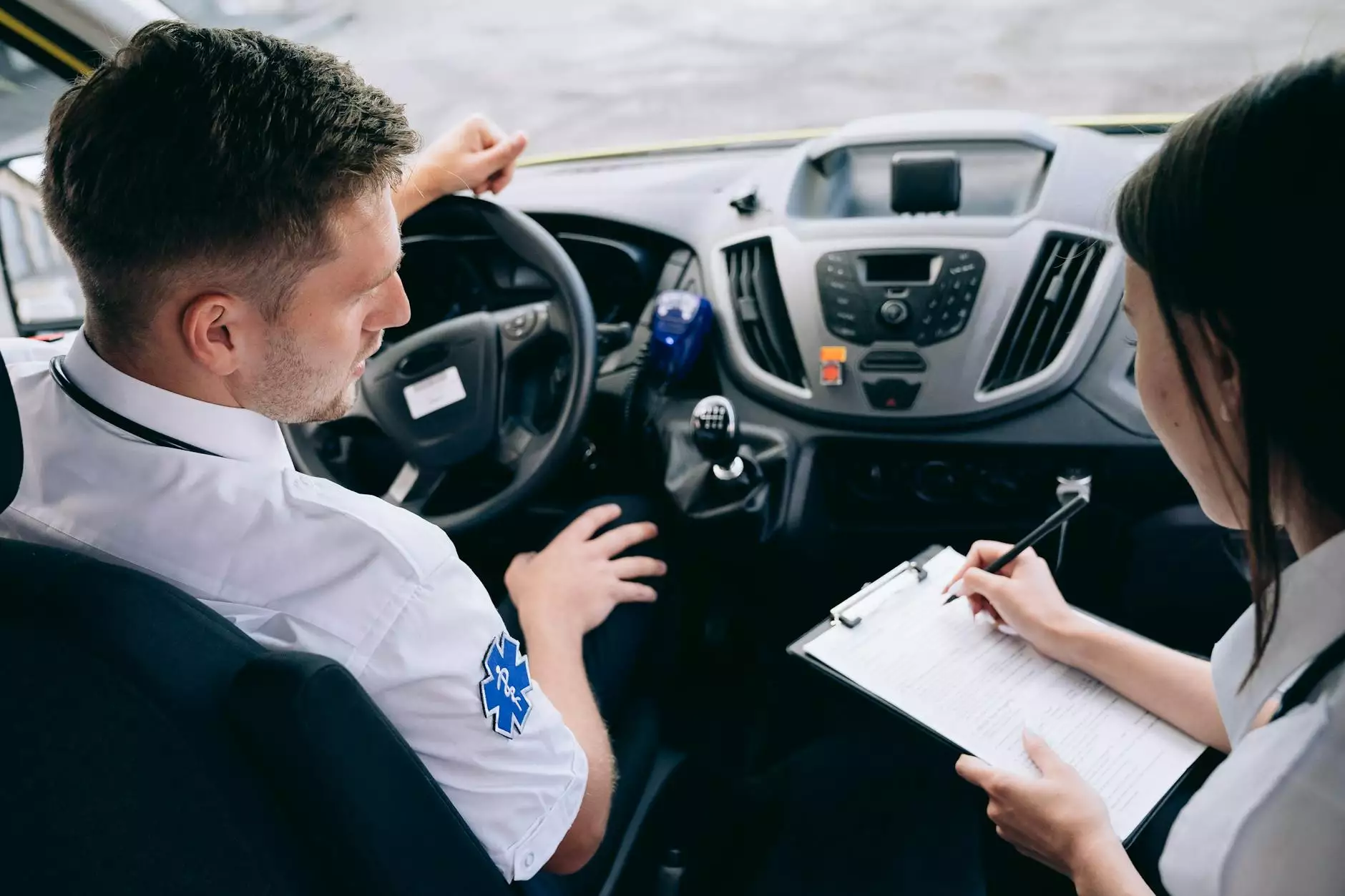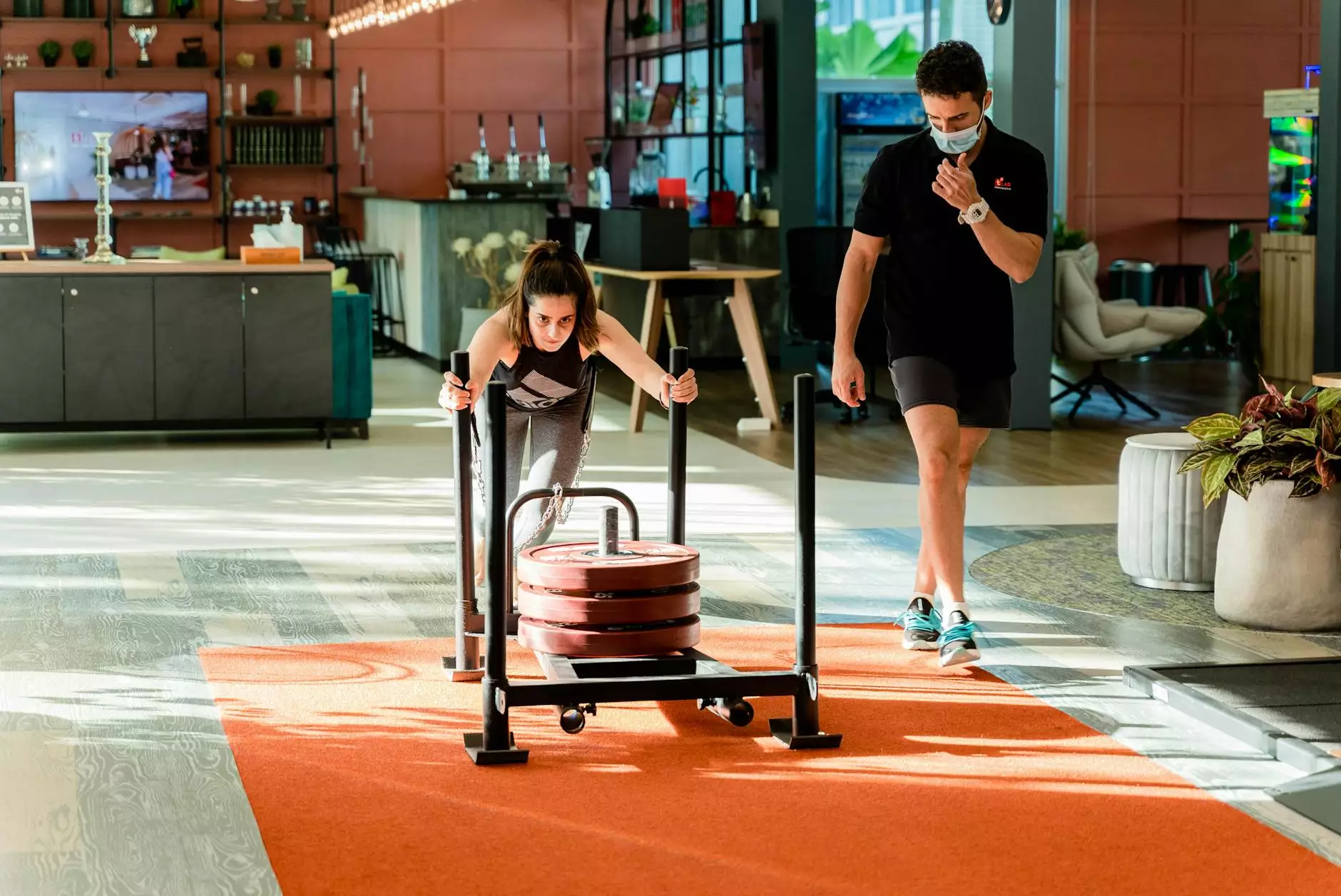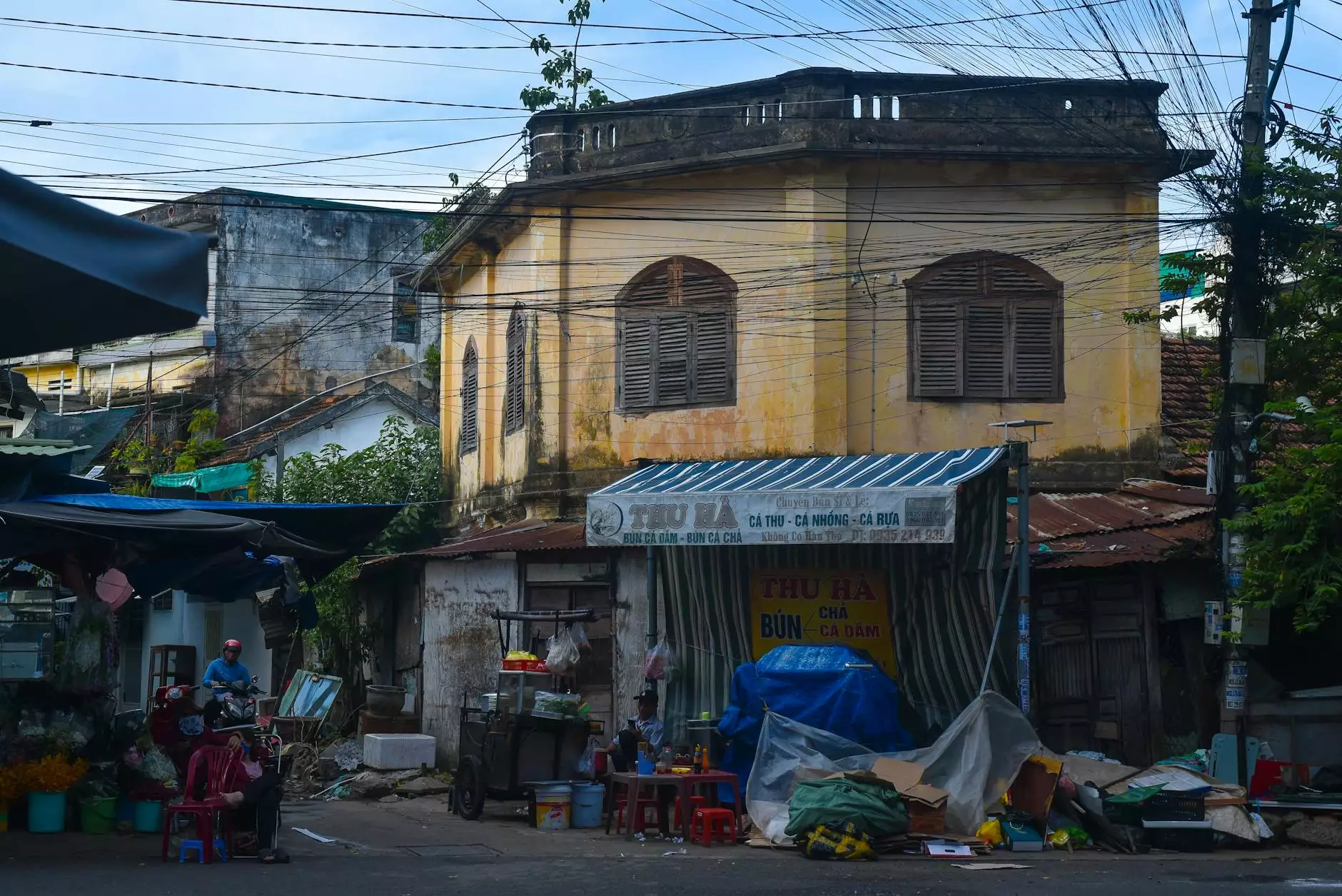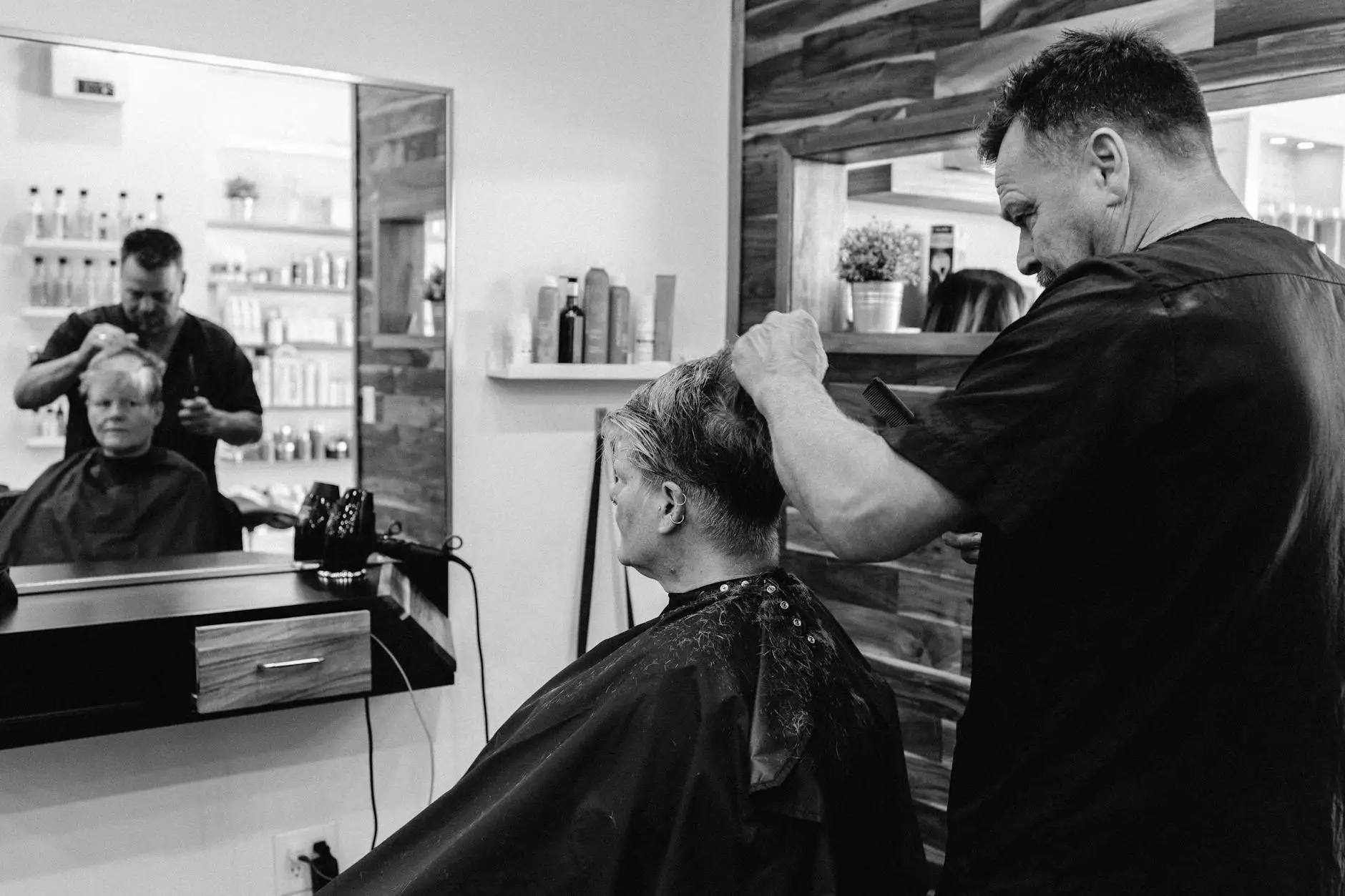The Definitive Guide to Varicose Veins: Treatment and Care at Our Clinic for Varicose Veins

Varicose veins are more than just a cosmetic concern; they can lead to serious health issues if left untreated. At Truffles Vein Specialists, we prioritize understanding the underlying causes of varicose veins and providing effective treatments to ensure our patients lead comfortable, fulfilling lives.
What Are Varicose Veins?
Varicose veins are swollen, twisted veins that often appear blue or dark purple. They can occur anywhere in the body but are most commonly found in the legs and ankles. These veins develop when the valves in the veins fail to prevent blood from flowing backward, leading to blood pooling and vein enlargement.
Understanding the Symptoms
Symptoms of varicose veins can vary significantly from person to person. Common signs include:
- Swelling in your legs, especially after sitting or standing for long periods.
- Aching or heavy feeling in your legs.
- Discoloration of the skin around the veins.
- Itching or a burning sensation near the veins.
- Skin ulcers or sores in more severe cases.
Causes of Varicose Veins
Understanding what causes varicose veins is crucial for prevention and treatment. Key factors include:
- Genetics: A family history of varicose veins increases your risk.
- Age: As we age, veins can lose elasticity, making them more susceptible to protruding.
- Obesity: Excess weight can put additional pressure on your veins.
- Pregnancy: Hormonal changes and increased blood volume during pregnancy can lead to varicose veins.
- Prolonged standing or sitting: Occupations that require long periods of standing can strain the veins.
Why Choose Our Clinic for Varicose Veins?
At our clinic for varicose veins, we pride ourselves on offering tailored solutions that address each patient's unique needs. Here’s why you should choose us:
- Expertise: Our team comprises board-certified vascular doctors specializing in varicose vein treatment.
- Advanced Technology: We utilize the latest technology, including endovenous laser therapy (EVLT) and sclerotherapy, to ensure effective treatment with minimal invasion.
- Comprehensive Care: From diagnosis to post-treatment care, we provide a seamless experience that prioritizes your comfort and well-being.
- Patient Education: We believe in empowering our patients through education about their conditions and treatment options.
- Insurance and Payment Plans: We work with multiple insurance providers and offer flexible payment options to accommodate all budgets.
Diagnostic Process
Accurate diagnosis is essential for effective treatment. The diagnostic process at our clinic typically involves:
- Initial Consultation: A thorough discussion of your symptoms, medical history, and any family history of varicose veins.
- Physical Examination: Our specialists will conduct a comprehensive examination of your legs and veins.
- Ultrasound Imaging: A non-invasive ultrasound will assess blood flow in the veins and identify potential abnormalities.
Effective Treatment Options
There are various treatment options available for varicose veins, and our clinic offers a range of solutions, including:
1. Lifestyle Changes
Before exploring invasive procedures, lifestyle changes can significantly improve symptoms:
- Weight Management: Maintaining a healthy weight reduces pressure on your veins.
- Exercise: Regular physical activity enhances blood circulation.
- Healthy Diet: A diet rich in fiber and low in salt can prevent swelling.
- Compression Stockings: Wearing compression garments improves circulation and alleviates swelling.
2. Minimally Invasive Procedures
For more severe cases, several minimally invasive procedures can effectively treat varicose veins:
- Endovenous Laser Therapy (EVLT): A laser is used to close off damaged veins, redirecting blood flow to healthier veins.
- Sclerotherapy: A solution is injected into the affected veins, causing them to collapse and fade.
- Radiofrequency Ablation: This technique uses heat to seal off varicose veins, again redirecting blood flow.
- Ambulatory Phlebectomy: In this outpatient procedure, small incisions are made to remove varicose veins.
3. Surgical Options
In more advanced cases, surgical intervention may be required. Our vascular specialists will evaluate your condition to determine if surgery is necessary:
- Vein Stripping: A traditional procedure that removes sizeable varicose veins through incisions.
- Vein Litigation: Tying off the vein to prevent blood flow, often performed in conjunction with stripping.
Post-Treatment Care
After treatment, proper care is essential to ensure optimal healing and results:
- Follow-Up Appointments: Essential to monitor your recovery and address any concerns.
- Continued Compression Use: Wearing compression stockings as directed aids recovery.
- Activity Restrictions: Some limitations on physical activity may be advised post-treatment.
Preventing Varicose Veins
While not all varicose veins are preventable, there are several strategies that can lower your risk:
- Stay Active: Regular exercise promotes good circulation.
- Avoid Prolonged Sitting or Standing: Change positions frequently to reduce strain on your veins.
- Elevate Your Legs: Elevating your legs can reduce pressure on your veins.
- Maintain a Healthy Weight: Reducing excess weight can significantly lower your risk.
- Consider Supportive Gear: Compression stockings can help if you’re at risk or have symptoms.
Conclusion: Take Charge of Your Vein Health
Your vein health is essential to your overall well-being. If you're experiencing symptoms of varicose veins or are concerned about your risk, don't hesitate to reach out to us at Truffles Vein Specialists. Our dedicated team is here to provide you with the highest quality care tailored to your needs.
Visit our website or call us today to schedule your consultation and take the first step towards healthier veins!









